Community in Japan
Northrop Grumman is proud to support STEM education and community in Japan.
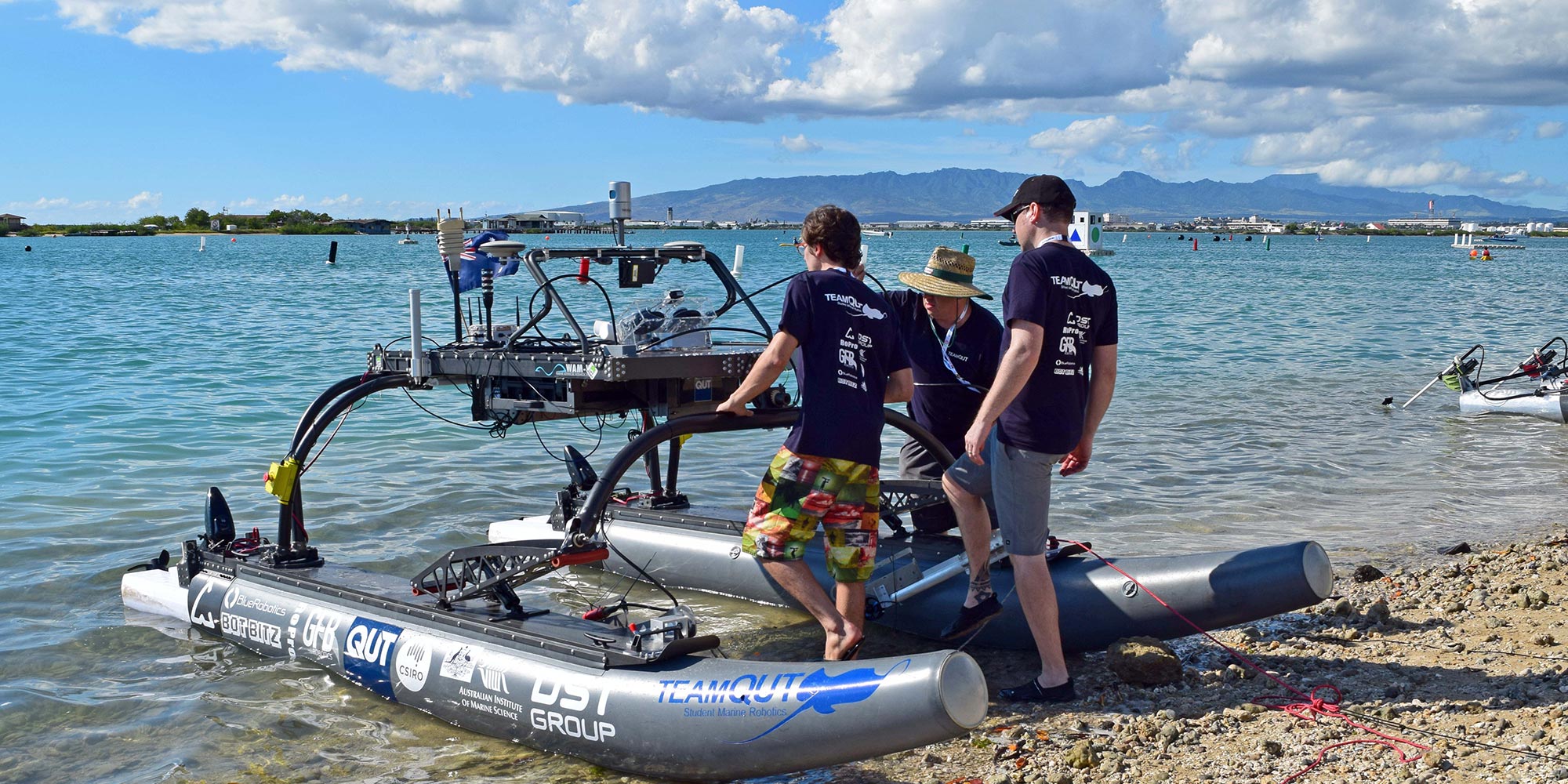
In the aftermath of the Great East Japan Earthquake in 2011, the U.S. military and Japan Self-Defense Forces worked together in Operation Tomodachi to provide immediate humanitarian relief to the Tohoku region.
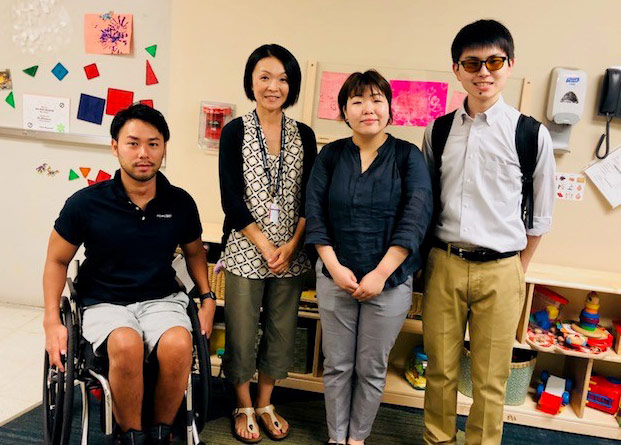
TOMODACHI Initiative
Building upon this cooperation and spirit of friendship, the U.S. and Japan launched the TOMODACHI Initiative, which invests in the next generation of Japanese and American leaders through educational and cultural exchanges, as well as leadership programs. TOMODACHI is led by the U.S. Embassy in Tokyo and the U.S.-Japan Council, and is supported by the Government of Japan, corporations, organizations and individuals from both countries. As a supporter of the initiative, Northrop Grumman sponsors the TOMODACHI Disability Leadership Program in America. This five-month leadership and advocacy training program, held at the University of Massachusetts Boston, trains young Japanese people with disabilities to become the next generation’s leaders.
STEM Education
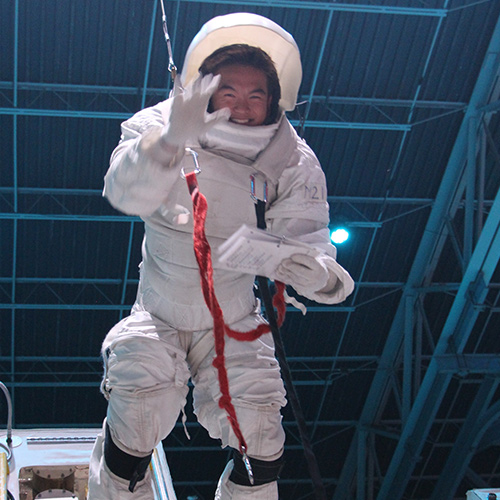
Space Camp®
The Northrop Grumman Foundation sponsors scholarships for middle school students and teachers from Japan to attend Space Camp® at the U.S. Space and Rocket Center® (USSRC) in Huntsville, Alabama. In 2017, two students and one teacher from Toyama Prefecture attended Space Camp. And in 2018, a total of seven students and three teachers from Aomori Prefecture, Shizuoka Prefecture, and Tokyo attended Space Camp. While at camp, students participate in activities such as building and launching rockets, experiencing astronaut-training simulators and simulating space shuttle missions. Science teachers attend the Space Academy for Educators®, a program designed to provide educators tools to enhance how they use STEM concepts in their classrooms.
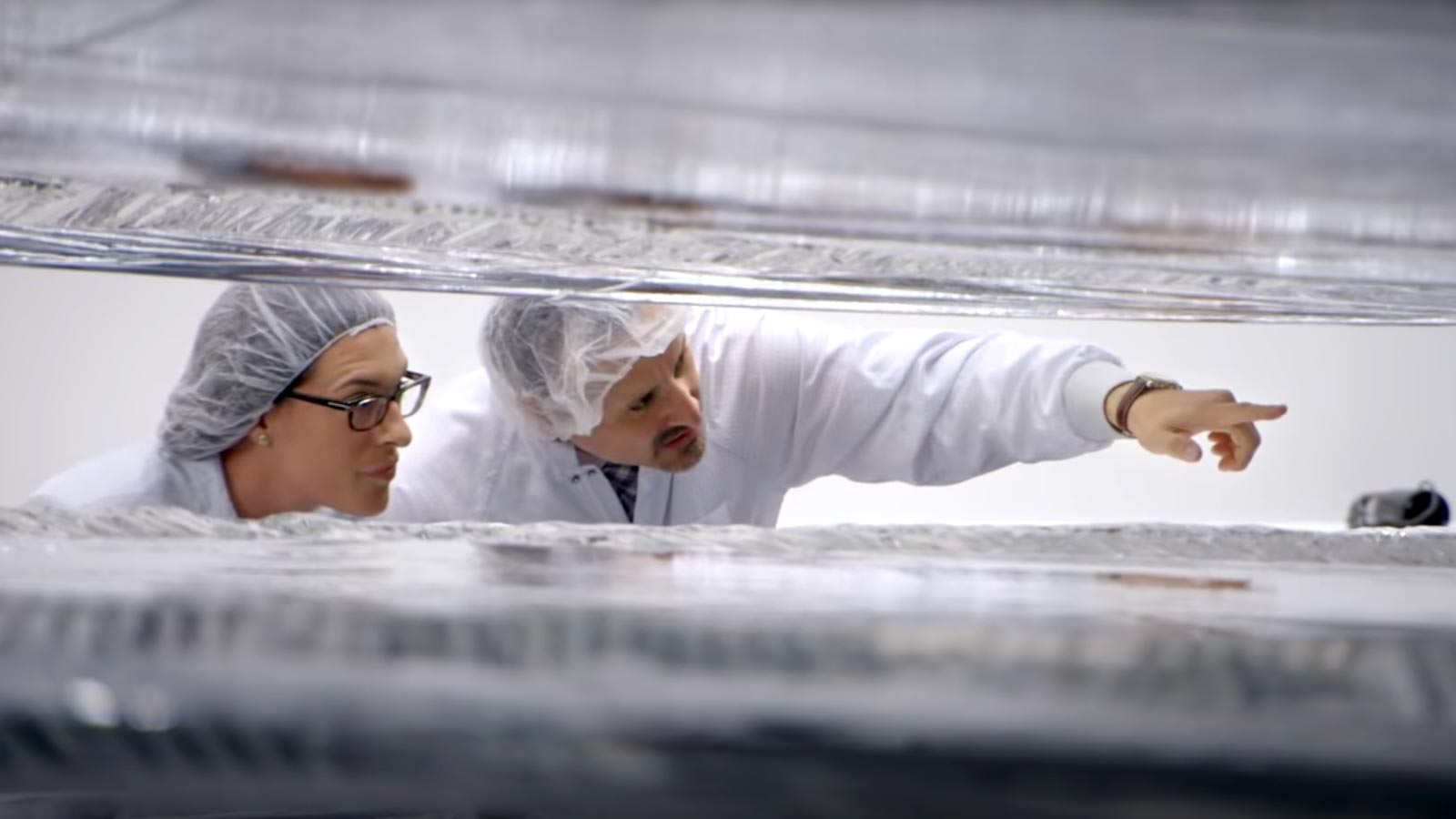
Into the Unknown
In 2017, Northrop Grumman highlighted NASA’s James Webb Space Telescope (JWST) program to audiences around Japan in a series of lectures and special screenings of the documentary film Into the Unknown. The film, developed by the Northrop Grumman Foundation as a resource for teachers, students, and science enthusiasts, shares the story of the building of NASA’s James Webb Space Telescope, the revolutionary scientific successor to the Hubble Space Telescope. The tour consisted of a number of events at schools, universities and museums. It started in the Kansai area with events in Kobe and Kyoto, then moved to the Kanto region with events in Tokyo, Sagamihara and Tsukuba.
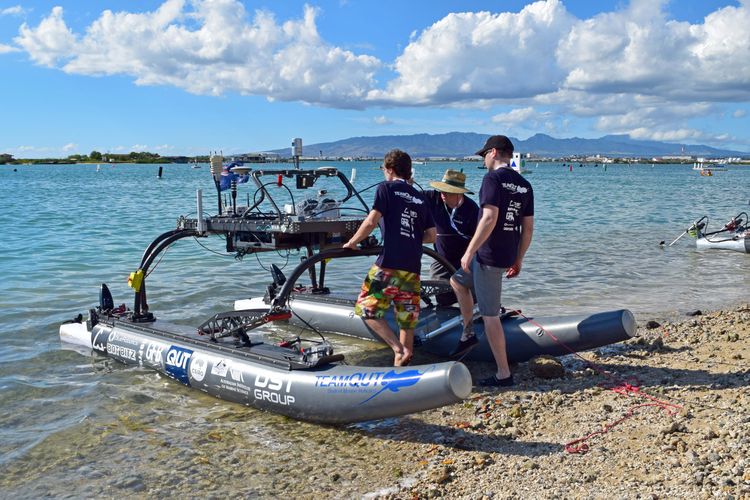
Maritime RobotX Challenge
Northrop Grumman also showed its support for global STEM education by sponsoring the Maritime RobotX Challenge in 2016 and 2018. Bringing together teams of university students from across the globe, RobotX challenged each team to develop and test a highly capable autonomous surface vessel. Two Northrop Grumman engineers helped advise the Osaka University OUXT team during the development of their autonomous maritime system.
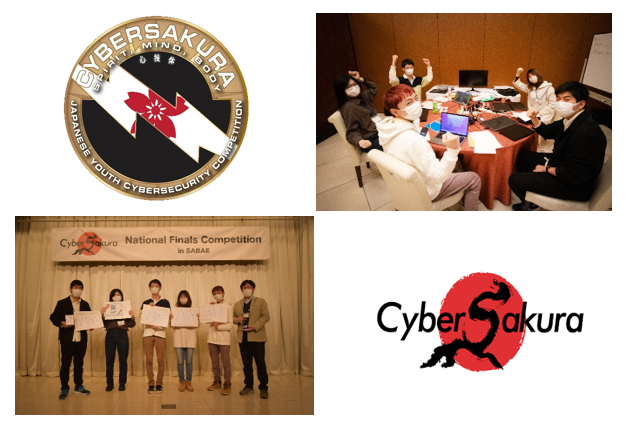
CYBERSAKURA
The Northrop Grumman Foundation supports the CyberPatriot program developed by the Air Force Association for youth for the purpose of developing future cybersecurity experts. This program has been held outside of the U.S. as well and in 2021, for the first time in a country where English is not the official language, CyberSakura was held in Japan, following CyberCenturion in the U.K, CyberTaitan in Canada, and CyberTaipan in Australia. Northrop Grumman supports CyberSakura as a sponsor. 24 teams participated in CyberSakura, and the top three teams went on to the National Finals, which was held in March 2022 in Sabae city in Fukui prefecture.
“(Much of what is occurring in Ukraine) is occurring in cyberspace, and that is very connected to what you are doing right now… I wish you luck for the competition ahead, but remember, there is a serious side in what you do, and you may play a role in defending Japan one day,” Om Prakash, Country Executive of Northrop Grumman Japan, encouraged the youth gathered in Sabae via a video message.
The winner of the first CyberSakura is “Team Takenoko” from the National Institute of Technology, Nara College.